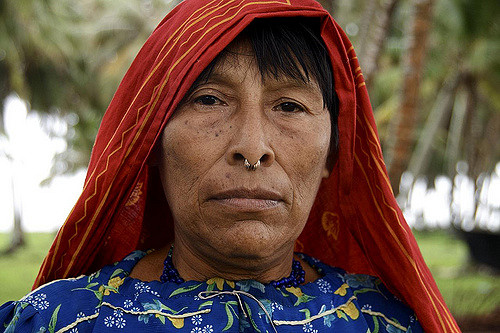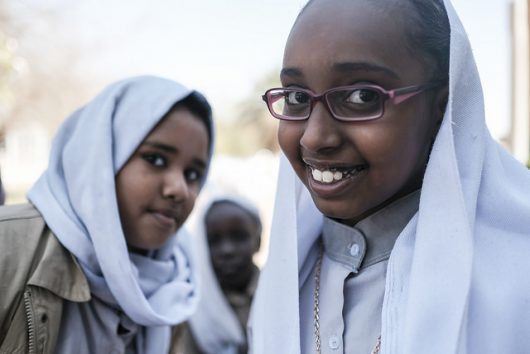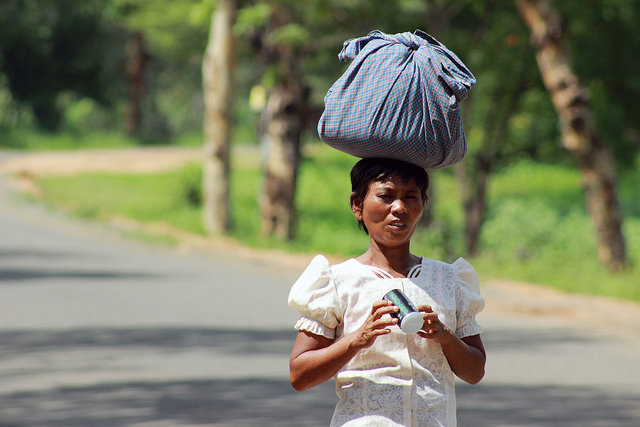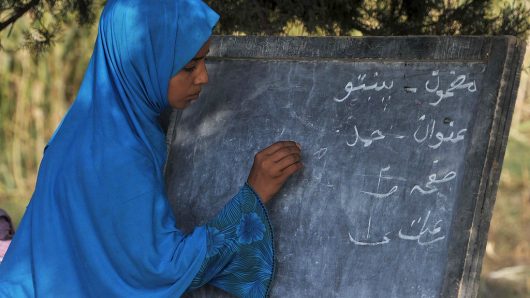
El Salvador is a tiny conservative country in Central America and also one of the world’s deadliest countries for women in the world. In fact, the country has the highest murder rate in the Western Hemisphere. Women’s empowerment in El Salvador is a task made all the more difficult given the highest rate of women murdered in the country.
The Plight of Female El Salvadorians
In 2016, one in every 5,000 women was killed according to the Institute of Legal Medicine. This figure did not and could not take into account the females killed, dismembered and buried in clandestine locations.
Criminal gangs, known as maras, are the largest impediment to women’s empowerment in El Salvador. The government has periodically attempted to establish truces with the gangs but the bitter rivalry between Mara Salvatrucha and Barrio 18 youth gangs has left little room for hope of an end to war and conflict.
Spurred by mass deportations of gang members from the U.S., the problem of gangs began affecting El Salvador at a sensitive time in its history when civil society was recuperating. The government lacked any strategy to reintegrate or psychologically support these gang members, who found the only recourse in turning to abduction, killings and extortions. The same gangs today inflict sexual violence and assaults on women from all walks of life.
Sexual and LGBTQ Assaults
Because abortion is illegal in El Salvador under any circumstances, including rape, victims of sexual assaults face heavy penalties and are subject to authorities’ prejudices. Earlier this year, a teen rape victim was sentenced to 30 years in prison after having a stillbirth, the same amount of time given to gang members convicted of murder.
According to the UNHCR, seven transgender women in El Salvador were killed in the country but some local LGBT organizations placed the number as high as 17 in the first four months of 2017. Lack of investigation and prosecution of violence against the LGBT community by police and gangs alike has engendered a culture of impunity and threatened efforts for all women’s empowerment in El Salvador.
One Salvadoran transgender activist, Karla Avelar, has spoken out against such violence despite receiving many threats and surviving three assassination attempts.
Other Salvadoran women are far from silent; rather they actively uplift themselves to plant seeds of independence and empowerment.
For instance, a Salvadoran woman is at the heart of legally challenging restrictions on refugees seeking a better life in neighboring countries. After President Trump issued executive orders to curtail immigration and refugee resettlement in the United States and cast doubt on the role of the United States as a safe country for refugees, many Central American migrants living in the United States made the dangerous border crossings to seek asylum protection in Canada.
One of these persons was a Salvadorian woman identified as “ABC” in court documents escaping persecution and facing removal proceedings in the United States. After ABC was denied entry to Canada under the Safe Third Country Agreement, many groups filed challenges to the Agreement to prevent her deportation from the United States to El Salvador.
Global Encouragement of Women Empowerment
In El Salvador, rural women cooperatives are encouraging the participation of women in agriculture. With the support of international and local government initiatives for women’s empowerment in El Salvador, such as Ciudad Mujer, many rural women are finding a way out of poverty through increased access to public services, income levels and even provisions for child care for working women.
One of the 26 such cooperatives, Mujeres en Acción (Women in Action), has been supported by the U.N. Women to encourage women to become entrepreneurs. Other women are partaking in economic empowerment through cooking businesses.
HOPE
Salvador’s HOPE is a Christian-based, non-profit based in Melbourne, Australia working to uplift Salvadorans from the traps of poverty. According to the organization, HOPE is just the beginning of changing the living and working conditions of women in El Salvador. It works with the civil society and local NGOs in El Salvador “to positively influence, impact and empower people through the establishment of programs that promote development and self- sustainability.”
HOPE also runs several Women’s Empowerment projects that provide education, training and support to women as well as challenge the gender stereotypes that perpetuate violence against women.
The Women’s Empowerment Project
Another initiative, the Women’s Empowerment Project (WEP), has combated the marginalization and vulnerability of Salvadoran women by providing them with workshops, counseling and other services “that aim to strengthen their self-confidence, improve their leadership and communication skills as well as develop business management techniques.”
Women’s empowerment in El Salvador remains a work in progress and is compounded by the violence inflicted against them by corrupt police officials and gang members. The rights of women in El Salvador and elsewhere are an integral part of the fight for universal human rights and fundamental freedoms and need to be extended for women’s economic, political, social and cultural empowerment.
Salvadoran women are actively mobilizing and breaking down barriers to participate in public life; they should be encouraged and aided by the United States and the international community to empower their communities and care for their families.
– Mohammed Khalid
Photo: Flickr

 The 2015 Global Gender Gap Index declared Egypt as number 136 out of the 145 countries measured, with the country ranked at number 1 having the best gender equality and the 145th country expressing the most disparities. With Egypt among the top ten countries with the
The 2015 Global Gender Gap Index declared Egypt as number 136 out of the 145 countries measured, with the country ranked at number 1 having the best gender equality and the 145th country expressing the most disparities. With Egypt among the top ten countries with the 
 There is still a long way to go in order to achieve universal gender equality. However, more governments and organizations around the world are making this a priority. As such, there is progress being made to improving
There is still a long way to go in order to achieve universal gender equality. However, more governments and organizations around the world are making this a priority. As such, there is progress being made to improving 
 The International Women Development Champion Award honors exemplary women who have dedicated their lives and have committed their efforts to the economic development of Africa and African women. On 24th March, the President of UN Women National Committee Canada, Almas Jiwani, was awarded the International Women Development Champion Award in Paris. She is the first Canadian and the first UN Woman representative to receive this award. The initiatives she took in trying to connect the gaps between the corporate world and the humanitarian world made her a new face for humanitarianism. She has put tremendous efforts into establishing change through excellence and dedication to philanthropy.
The International Women Development Champion Award honors exemplary women who have dedicated their lives and have committed their efforts to the economic development of Africa and African women. On 24th March, the President of UN Women National Committee Canada, Almas Jiwani, was awarded the International Women Development Champion Award in Paris. She is the first Canadian and the first UN Woman representative to receive this award. The initiatives she took in trying to connect the gaps between the corporate world and the humanitarian world made her a new face for humanitarianism. She has put tremendous efforts into establishing change through excellence and dedication to philanthropy.